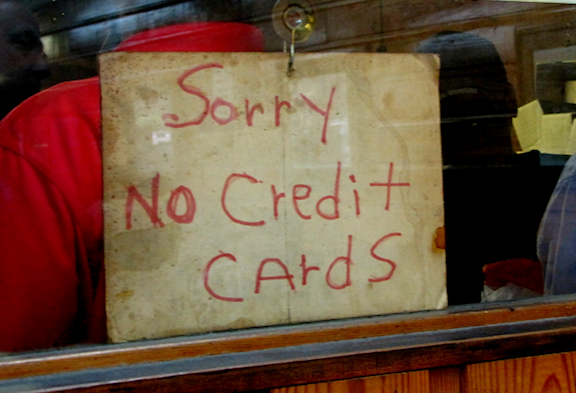Proposed Bills Aim To Protect Students From Shady Deals Between Colleges, Banks
Sen. Tom Harkin of Iowa introduced the Protecting Aid for Students Act of 2014, while Rep. George Miller of California introduced the Curbing Abusive Marketing Practices with University Student (CAMPUS) Debit Card Act [PDF]; both bills would better ensure students are in control of their own financial aid and bank products.
Earlier this year, a U.S. Government Accountability Office report found that at least 11% of U.S. colleges and universities, about 825 schools, had agreements to provide debit or prepaid card services to students.
While the cards could provide a convenient way for schools and universities to outsource the process of paying financial aid and other funds, the fees and accessibility for students was an area of concern for regulators.
Additionally, the GAO report found several instances in which schools or card providers encouraged students to enroll in a college card without showcasing neutral information about payment options.
Consumer advocates, including our colleagues at Consumers Union, welcomed Thursday’s proposed legislation for its efforts to bring better protections to young consumers.
“This legislation would put a stop to strong-arm tactics, like delaying the disbursement of federal student aid for students who opt out of their college’s preferred bank partner,” Suzanne Martindale, staff attorney for Consumers Union says in a news release [PDF]. “The arrangements between banks and schools would be more transparent, and it would get rid of a lot of the gifts and incentives that are used to pull students and schools into these bad deals.”
Pamela Banks, senior policy counsel for Consumers Union, says many of the harmful financial products marketed to students “chip away at your student aid and make colleges even more expensive.”
“Congress has cracked down on similar practices in the past, like sketchy credit cards and private student loans that were marketed on campus,” Banks says in a news release. “This new legislation would extend the same kind of protections to debit cards, checking accounts, and other products.”
The CARD Act of 2009 put restrictions on credit card companies’ ability to market directly to college students. However, a 2013 report from the Consumer Financial Protection Bureau found those restrictions, while creating an overall drop in the amount of credit card borrowing by students, hadn’t done away with the shady practice all together. In fact, one credit card issuer, FIA Card Services, had 412 deals in place with schools and affiliated organizations and paid nearly $35.6 million to those groups.
Want more consumer news? Visit our parent organization, Consumer Reports, for the latest on scams, recalls, and other consumer issues.


